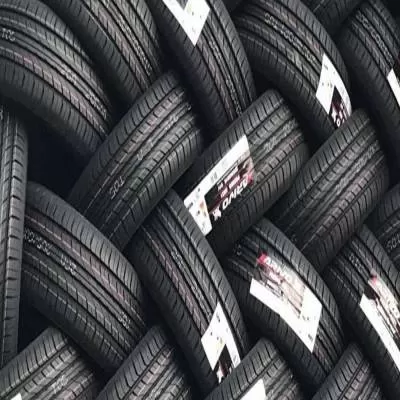

The impact of the Red Sea disruption is being felt in the Tyre Industry in India, affecting both transit times and freight rates. This is adversely affecting both tyre exports and the import of raw materials. Rajiv Budhraja, the Director General of the Automotive Tyre Manufacturers? Association (ATMA), mentioned that the freight rates from India to Rotterdam have increased by 3-4 times, and transit times have extended by 14 days due to ships being diverted through the Cape of Good Hope.
Regarding the movement from India to the US, Budhraja stated that there is no observed impact on transit times to the West coast, but there is an increase of 8-10 days to the East coast. Freight rates have doubled to the West coast, and there has been a 40% surge in rates to the East coast. Container availability has also been affected to some extent, although not to the extent of disrupting operations, he added.
Budhraja highlighted the significance of the Red Sea as a crucial channel for shipping to the US East Coast, Europe, West Asia, East Asia, and Africa from India.
Rajiv Tharian, who works with Southland Rubber Group, a major processor and importer of natural rubber to the Indian market, shared that the freight rates from Asia to Europe have increased by 300%, Asia to the US by about 200%, and freights for various routes, including Africa to Asia, have gone up by around 100%.
Furthermore, there is a severe shortage of containers, and the increased circulation time for boxes during voyages is causing significant delays in planned shipments from all locations. This emerging situation has prompted many tyre companies, especially in the US and Europe, to aggressively purchase for nearby shipments and increase their buffer stock of raw materials, including natural rubber, due to the risk of delays in shipping in the coming weeks and months.